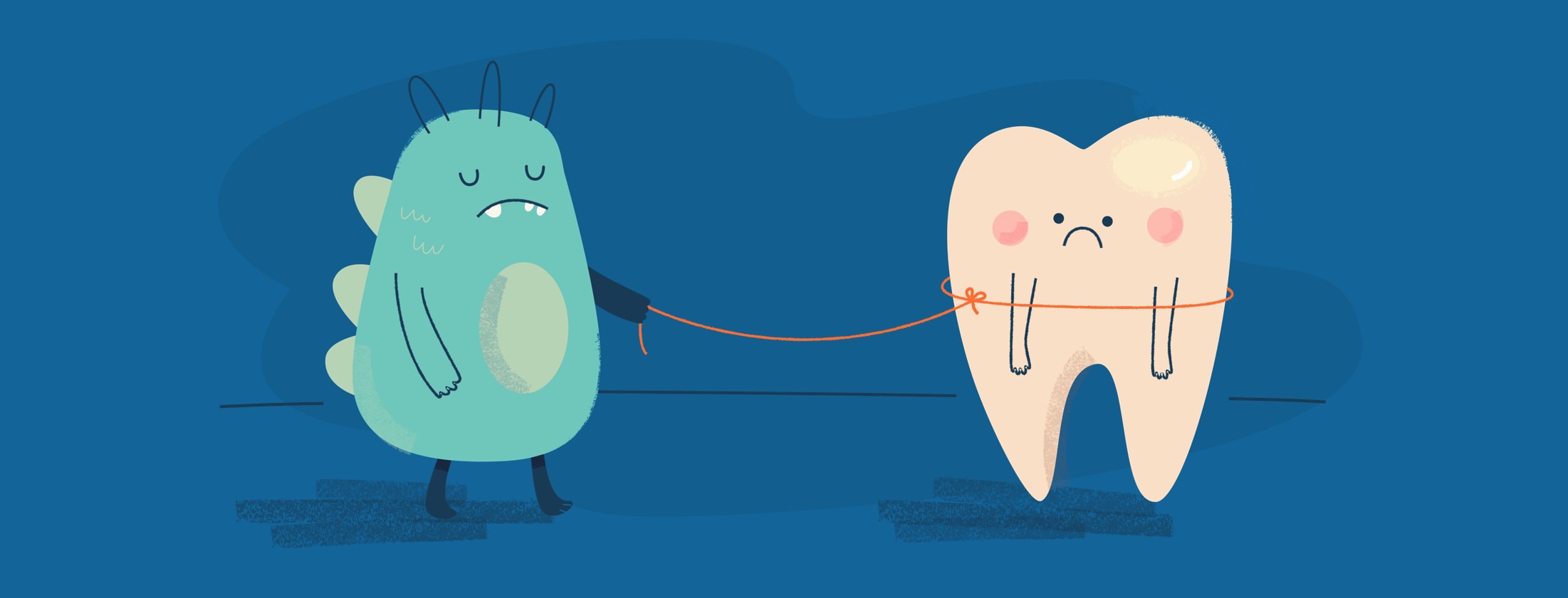The Link Between Psoriatic Arthritis and Periodontal Disease
Psoriatic arthritis (PsA) is an autoimmune disorder that tends to get worse over time and causes permanent joint damage. The chronic inflammation of PsA is caused by immune cells that become overactive and create too much of certain proteins.
These proteins can cause a person’s skin cells to multiply too fast, which triggers inflamed skin and other symptoms of psoriasis. The proteins also cause inflammation of the joints, which can lead to pain and joint damage.
A serious infection of the gums
Scientists are beginning to believe there’s a strong link between diseases that cause chronic inflammation, such as psoriatic arthritis (PsA), and the gum disease known as periodontitis.1-5
Periodontitis is a serious infection of the gums. Its symptoms include swollen, red, bleeding, and tender gums. Left untreated it can lead to loosened teeth, tooth loss, and eventually destroy the bone supporting the teeth.
Featured Forum
View all responsesIt’s also a risk factor in heart and lung disease because the pockets leave another opening for bacteria to get into the body. Periodontitis is very common in the U.S. population as a whole but seen much more frequently in people with psoriatic arthritis (PsA). What’s more, the severity of the gum disease is worse in those with PsA.1-2
A double whammy of inflammation with psoriatic arthritis
Periodontitis affects more than 50% of adults in U.S., with 5 – 10% so severely impacted that they lose one or more teeth and experience bone loss.3
However, people with PsA have been dealt a double whammy when it comes to gum disease since the inflammation they experience seems to make it much more likely they will also experience periodontitis.1-2
This finding holds true for PsA populations around the world:
- A Danish study from 2016 found periodontitis in 3.07% of the general population and 11.12% of those with psoriatic arthritis and 8.27% for those with severe psoriasis.1
- A 2017 study from Taiwan found that the incidence of periodontitis was higher in patients with PsA, and that the severity of the gum disease increased over time.2
- A 2016 study of patients at a hospital in London, England, looked at those with PsA, rheumatoid arthritis and ankylosing spondylitis together. Those researchers speculated that the diseases are related since all cause inflammation in the body. They also found that smoking and obesity seemed to worsen a patient’s periodontitis.4
- In Brazil, researchers found that patients with psoriatic arthritis have a higher incidence of inflammation at the temporomandibular joint (TMJ), the joint that attaches the jaw to the skull.5
How to reduce the chances of gum disease
Just as in the general population, people with PsA can reduce their chances of developing gum disease by brushing at least twice a day, flossing at least once a day, and getting regular oral health check-ups.
If you do develop periodontitis, the good news is that it is imminently treatable, especially if caught early. That’s why researchers recommend patients with PsA see their dentist regularly for a periodontal check-up.
Visit the dentist: The first line of periodontitis treatment usually begins with your dentist cleaning the pockets around your teeth. This is also called scaling and it helps prevent or stop damage to surrounding tissue and bone. Your dentist may also prescribe antibiotics and perform a procedure called root planing to control the infection.
The infected pockets heal over the course of several months. Advanced cases of periodontitis may require surgery.
In all of the current studies, researchers agreed that more study is needed to determine the optimal number of dental visits someone with PsA should have each year.2,4

Join the conversation